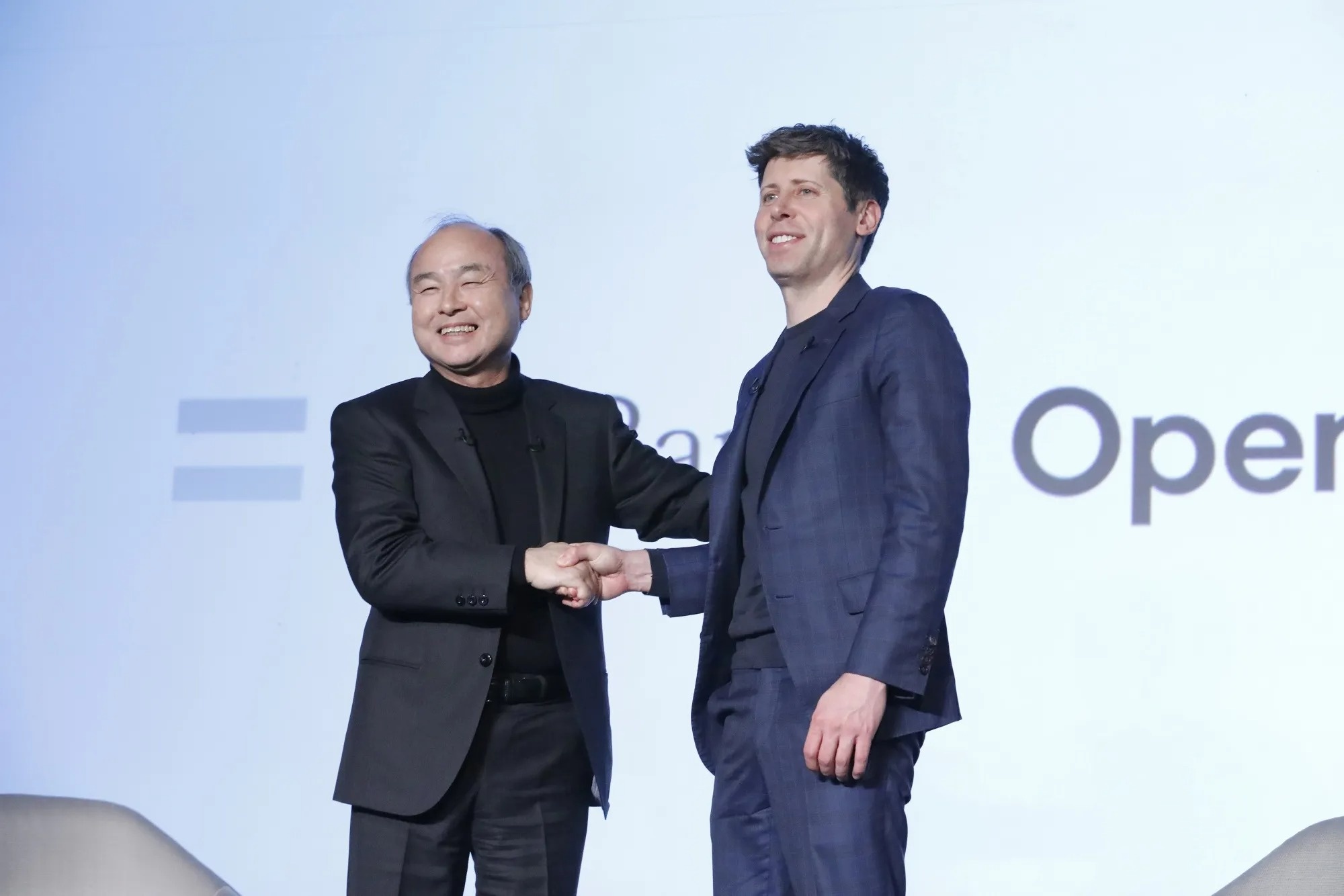
OpenAI has just announced the completion of a record-breaking $40 billion funding round, bringing the company's valuation to $300 billion , nearly tripling its previous valuation. According to CNBC , this is the largest funding round in history for a private technology company.
The round was led by SoftBank Group with $30 billion , with participation from Microsoft and other investors. However, a condition was set: SoftBank could reduce its investment if OpenAI does not convert to a for-profit company by the end of this year.
Familiar tools
According to WSJ , SoftBank founder Masayoshi Son is using a familiar tool to finance his massive $40 billion investment in OpenAI: debt.
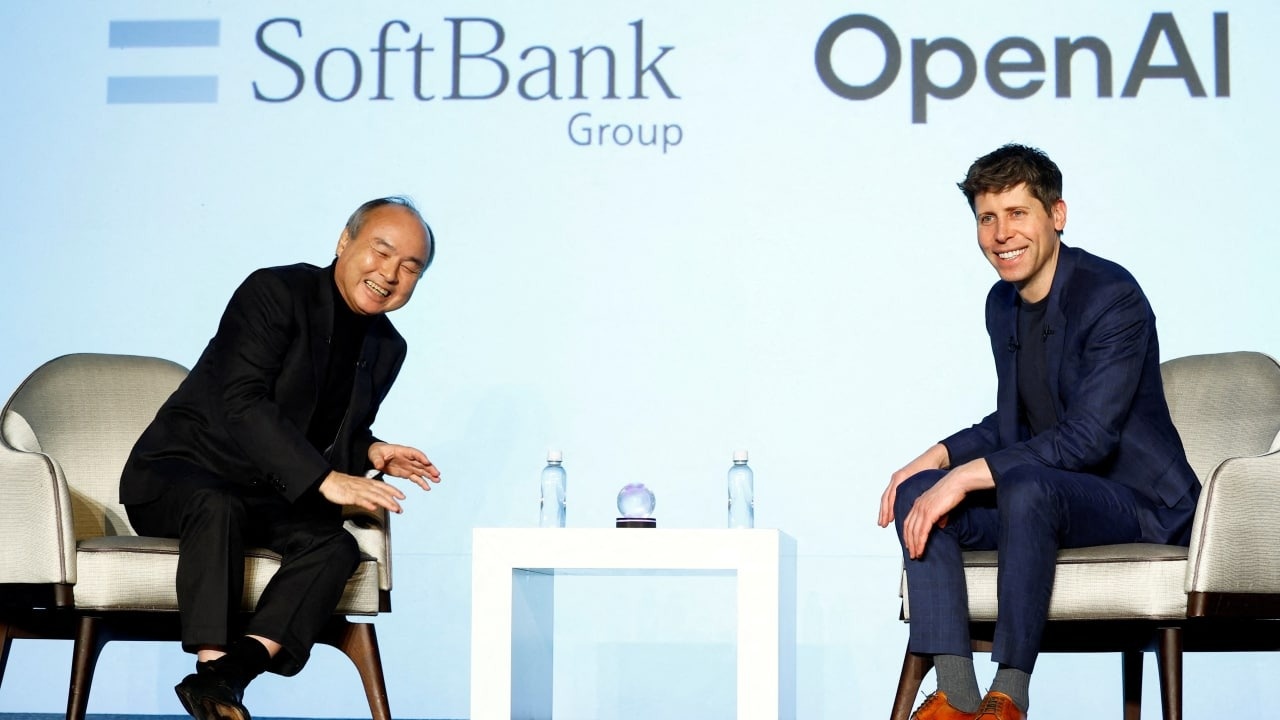 |
WSJ said that billionaire Masayoshi Son's SoftBank group continued to borrow money to invest in OpenAI. Photo: Reuters. |
Specifically, SoftBank said it expects the first $10 billion of the deal to be financed by borrowing from Japan's Mizuho Bank and other credit institutions.
Meanwhile, the remaining $30 billion will be raised by early 2026. If the entire amount is poured in, this will also be the largest investment ever in a startup.
As the entity responsible for raising capital for the Stargate megaproject, SoftBank can use financial instruments such as preferred equity, mezzanine debt, and senior bank loans to raise enough money.
The ratio of preferred stock to debt will depend on additional investors involved in each specific project, which could focus on semiconductor chips or AI servers.
For the project financing model, one scenario under consideration could be 10% common equity, 20% preferred equity and subordinated debt, with the remaining 70% coming from bank loans. Another model could be 10% common equity, 40% preferred equity and subordinated debt, with the remaining 50% coming from bank loans.
SoftBank now expects to report a loss of about 155 billion yen ( $1 billion ) in the third quarter of fiscal 2024-2025, according to the average estimate of three analysts surveyed by Bloomberg .
SoftBank’s Vision Fund was also hit, with its public portfolio losing about $700 million between October and December 2024 due to falling share prices in Coupang and Didi.
Risky gamble
Along with SoftBank’s commitment to lead OpenAI’s $100 billion Stargate cloud computing initiative, the investment marks yet another huge gamble on the AI startup, with the two investments leaving SoftBank with billions of dollars in losses for years to come.
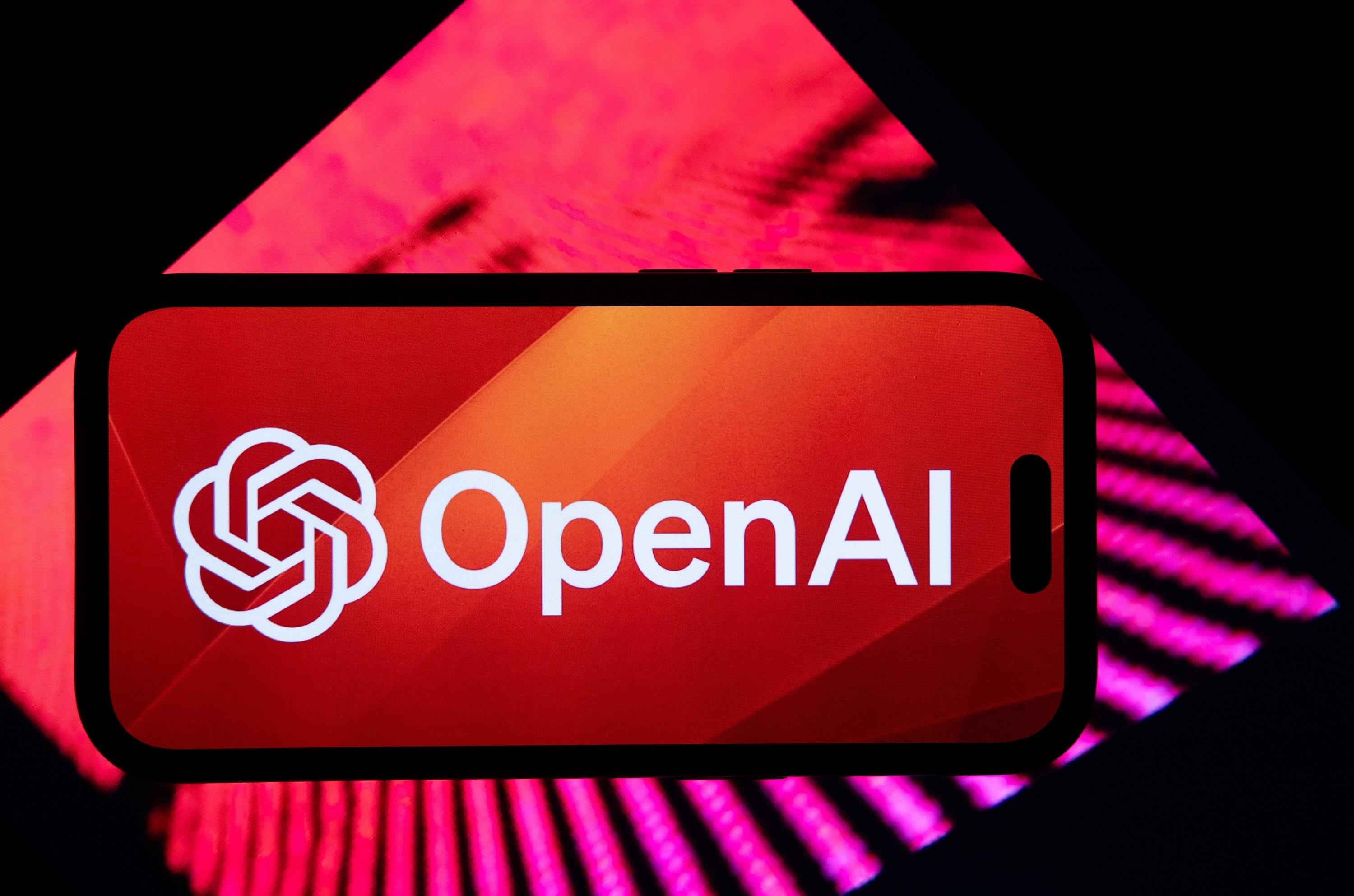 |
SoftBank's ambition is for OpenAI to emerge as a leader in the race to popularize artificial intelligence in society and commerce. Photo: Bloomberg. |
In return, SoftBank's ambition is for OpenAI to emerge as a leader in the race to popularize artificial intelligence in society and commerce, a market that many believe could be worth trillions of dollars a year.
The problem, however, is that Masayoshi Son's group is taking a lot of risks to get a piece of OpenAI. According to the WSJ , S&P Global Ratings said on April 1 that "SoftBank's financial situation is likely to deteriorate" due to its investment in OpenAI, adding that plans to increase debt could cause the agency to consider downgrading SoftBank's rating.
S&P Global’s concern stems from the fact that none of the leading startups in the field of generative AI have shown that they can operate profitably. In fact, the industry is still pouring tens of billions of dollars into data centers based on assumptions about a future where AI is rapidly spreading globally.
Besides, pioneering technology companies often stumble. SoftBank knows this better than anyone, having bet during the dot-com bubble on Yahoo’s ambition to dominate the search field.
In fact, borrowing is a common feature of Son’s risky strategies. The CEO has previously borrowed heavily to finance successful acquisitions of Vodafone Japan and chip designer Arm.
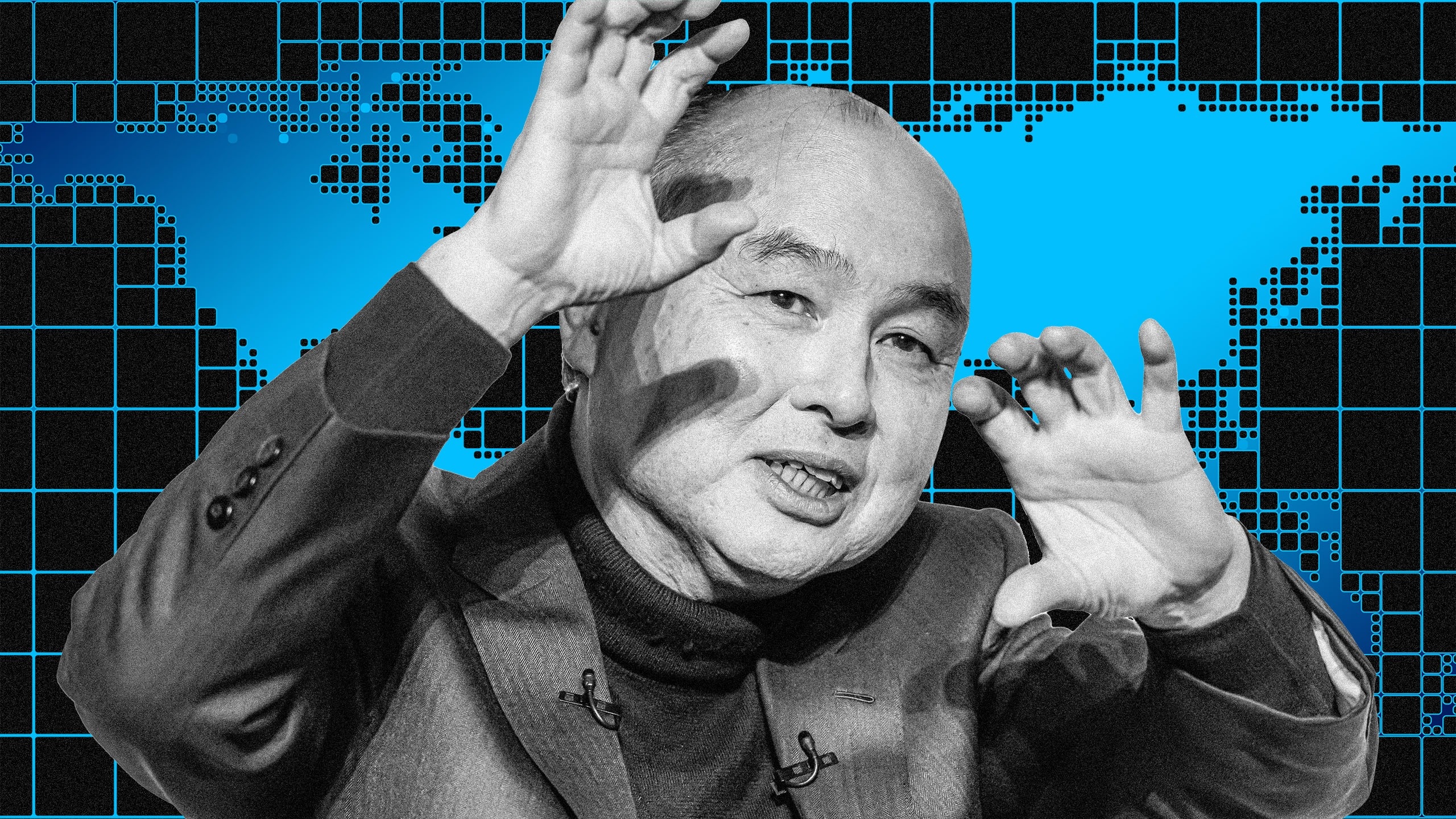 |
SoftBank will face heavy financial pressure if OpenAI fails. Photo: Fast Company.. |
But after pouring tens of billions of dollars into startups just before their valuations plunged in 2021, Son has repeatedly said SoftBank will remain on the defensive.
Now, having gone on the offensive, SoftBank has ramped up spending, including the $6.5 billion acquisition of chip startup Ampere.
To reassure nervous investors, the group has pledged not to borrow more than 25% of the value of its holdings, meaning SoftBank will likely need to sell other parts of its empire to pay for the rest of the OpenAI deal.
Source: https://znews.vn/dang-sau-nui-tien-dau-tu-vao-openai-post1542592.html


![[Photo] Opening of the 11th Conference of the 13th Party Central Committee](https://vstatic.vietnam.vn/vietnam/resource/IMAGE/2025/4/10/f9e717b67de343d7b687cb419c0829a2)
![[Photo] Unique folk games at Chuong Village Festival](https://vstatic.vietnam.vn/vietnam/resource/IMAGE/2025/4/10/cff805a06fdd443b9474c017f98075a4)
![[Photo] April Festival in Can Tho City](https://vstatic.vietnam.vn/vietnam/resource/IMAGE/2025/4/10/bf5ae82870e648fabfbcc93a25b481ea)



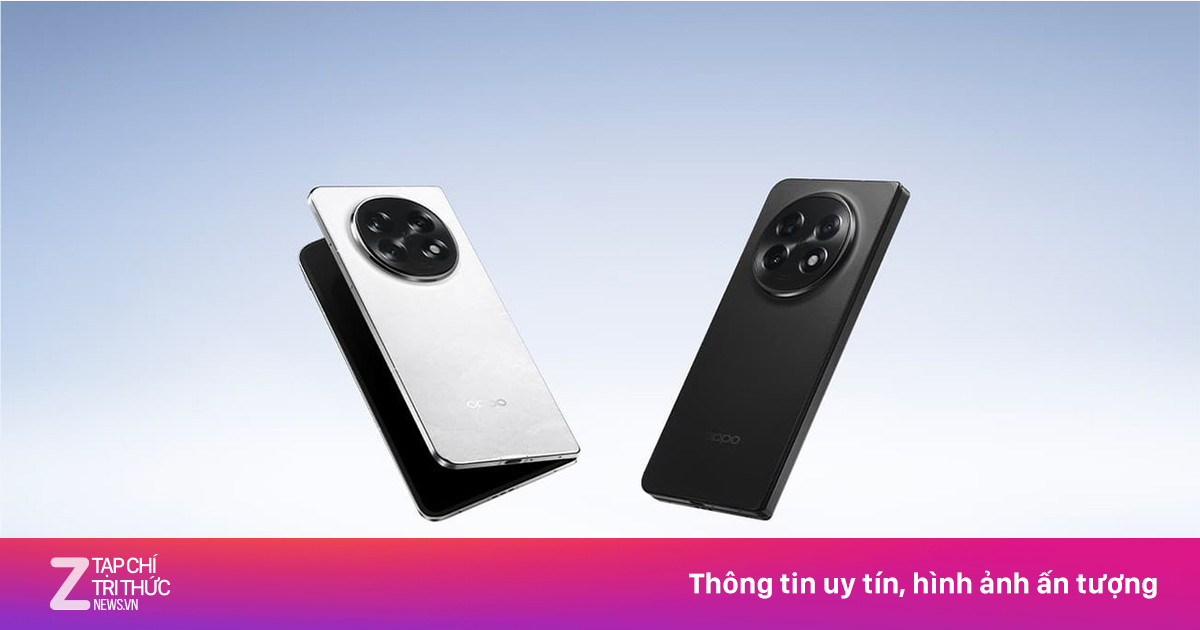
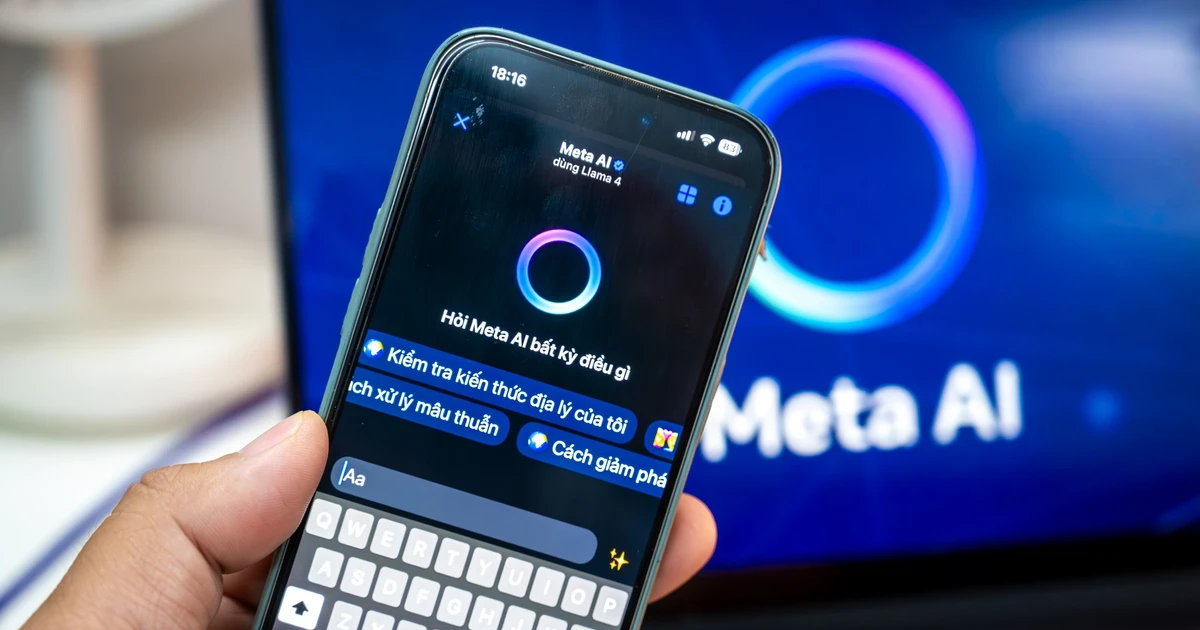
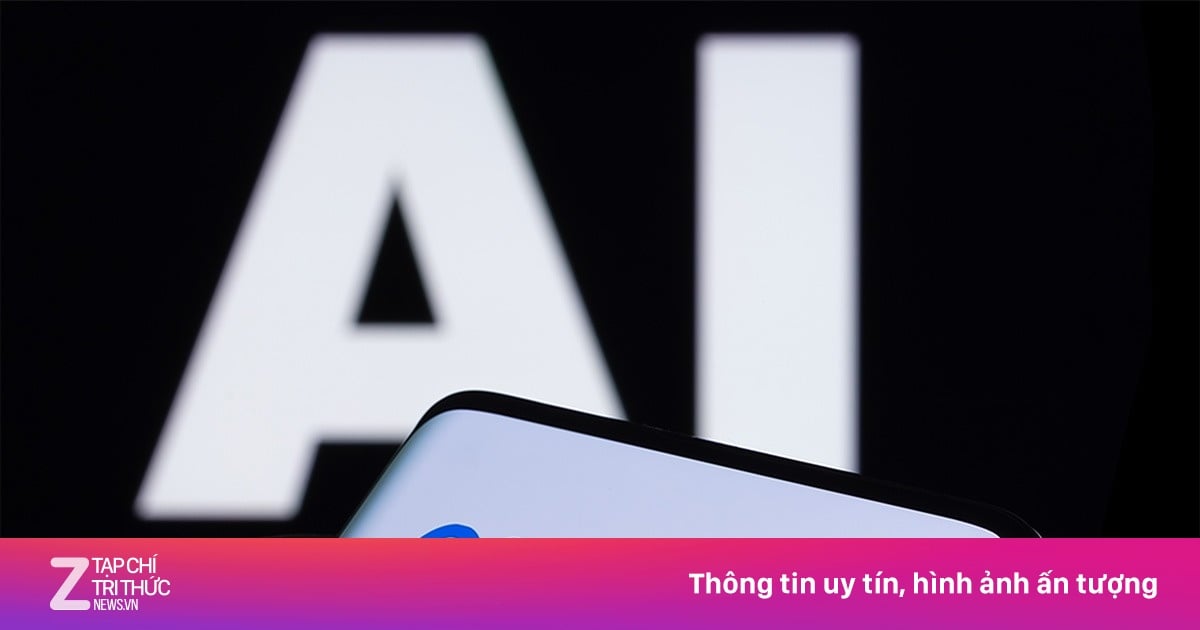
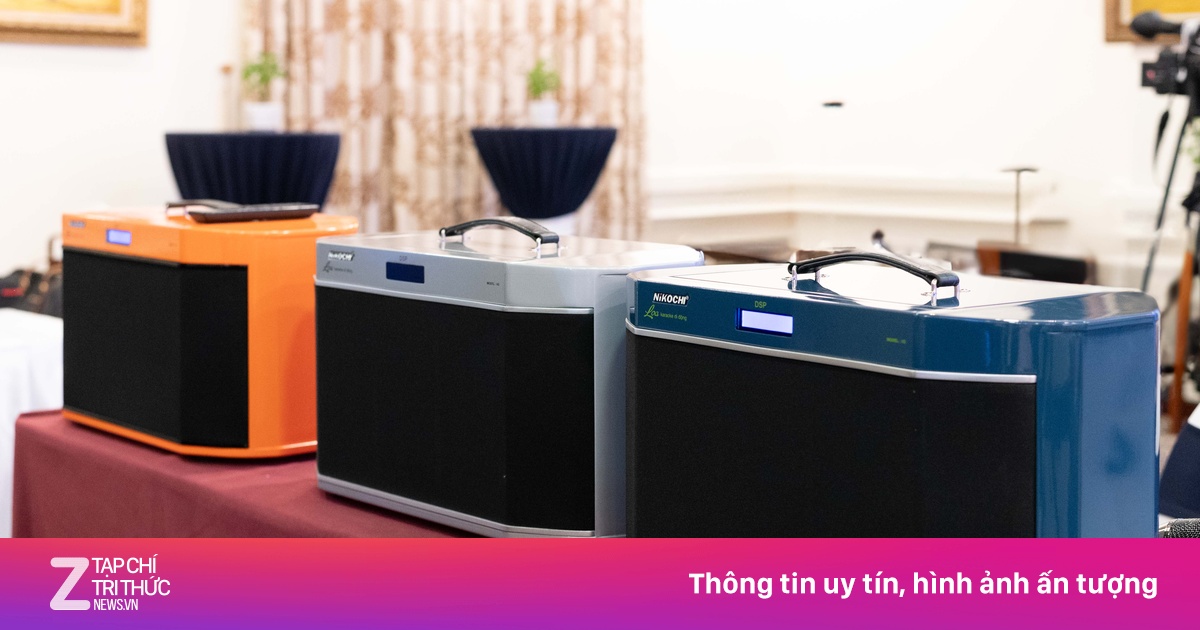
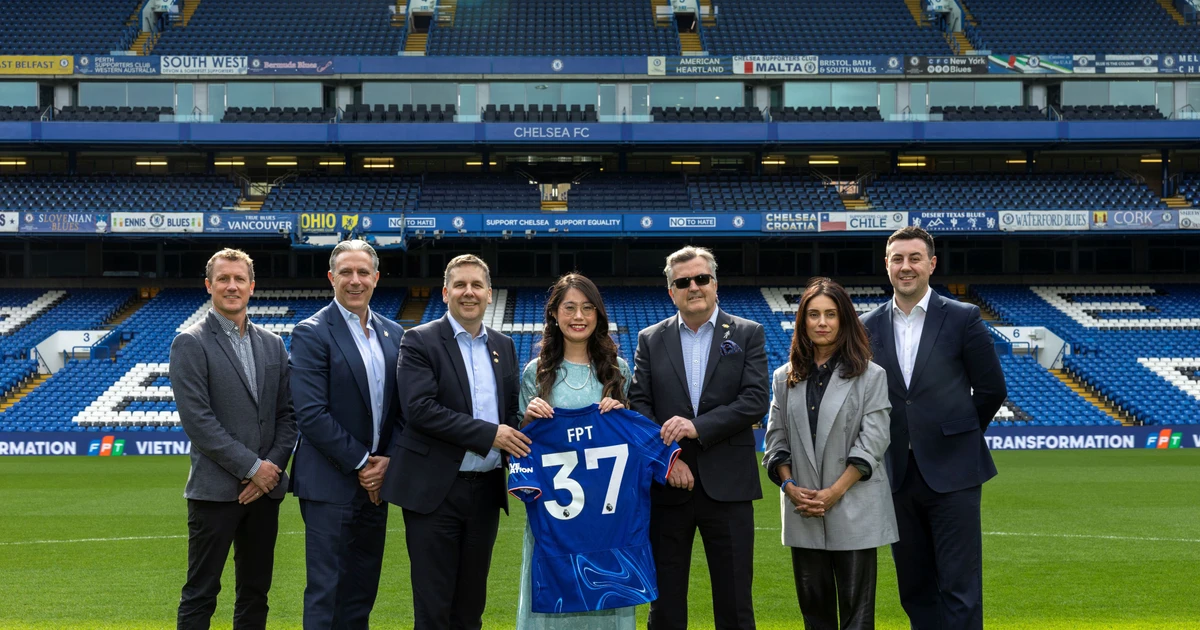




















































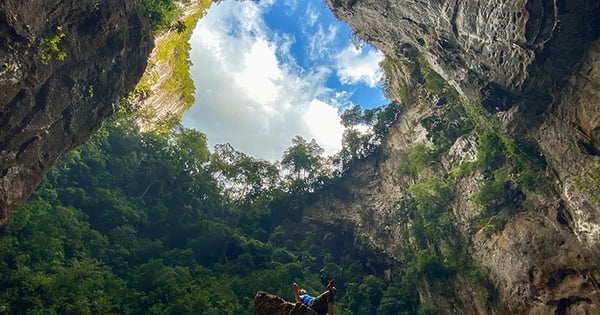


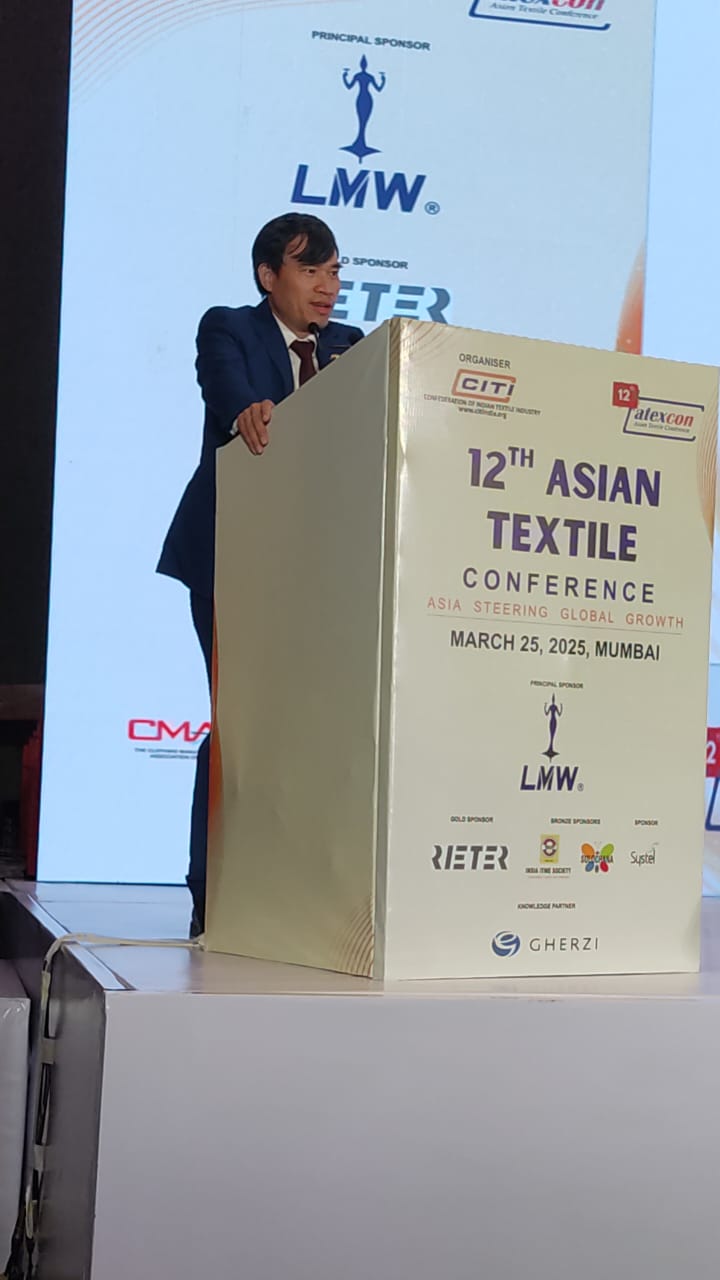

![[Infographic] Diverse activities of the 4th Dong Thap Province Book and Reading Culture Day in 2025](https://vstatic.vietnam.vn/vietnam/resource/IMAGE/2025/4/10/a5f00b7d966a475d891f3c3e528c9a66)







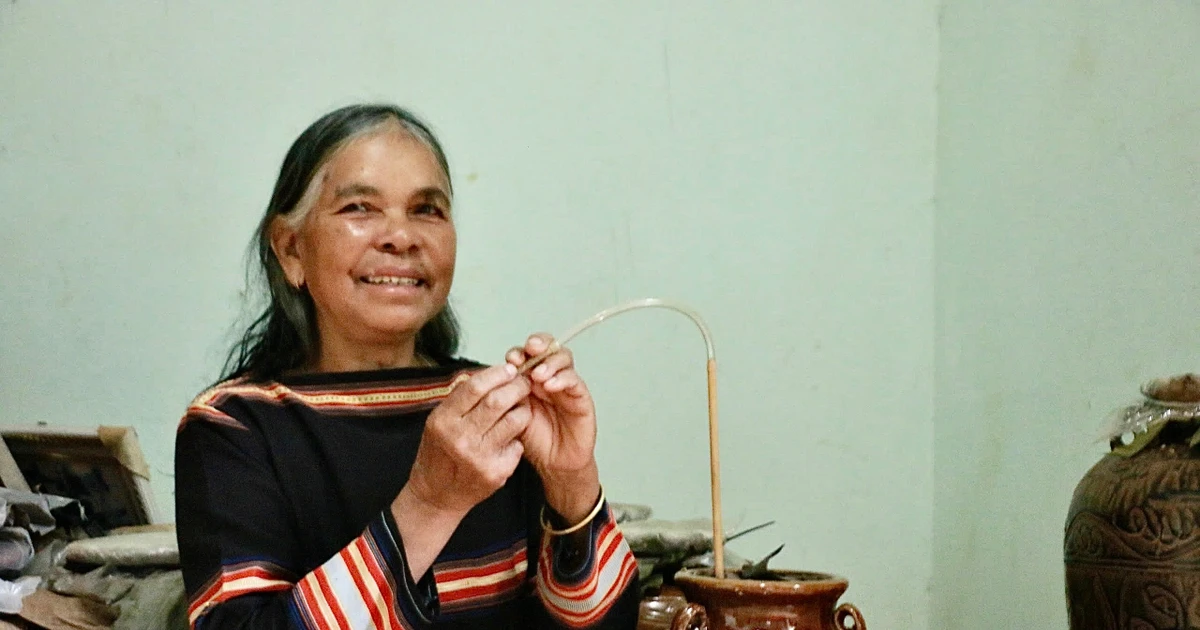








Comment (0)